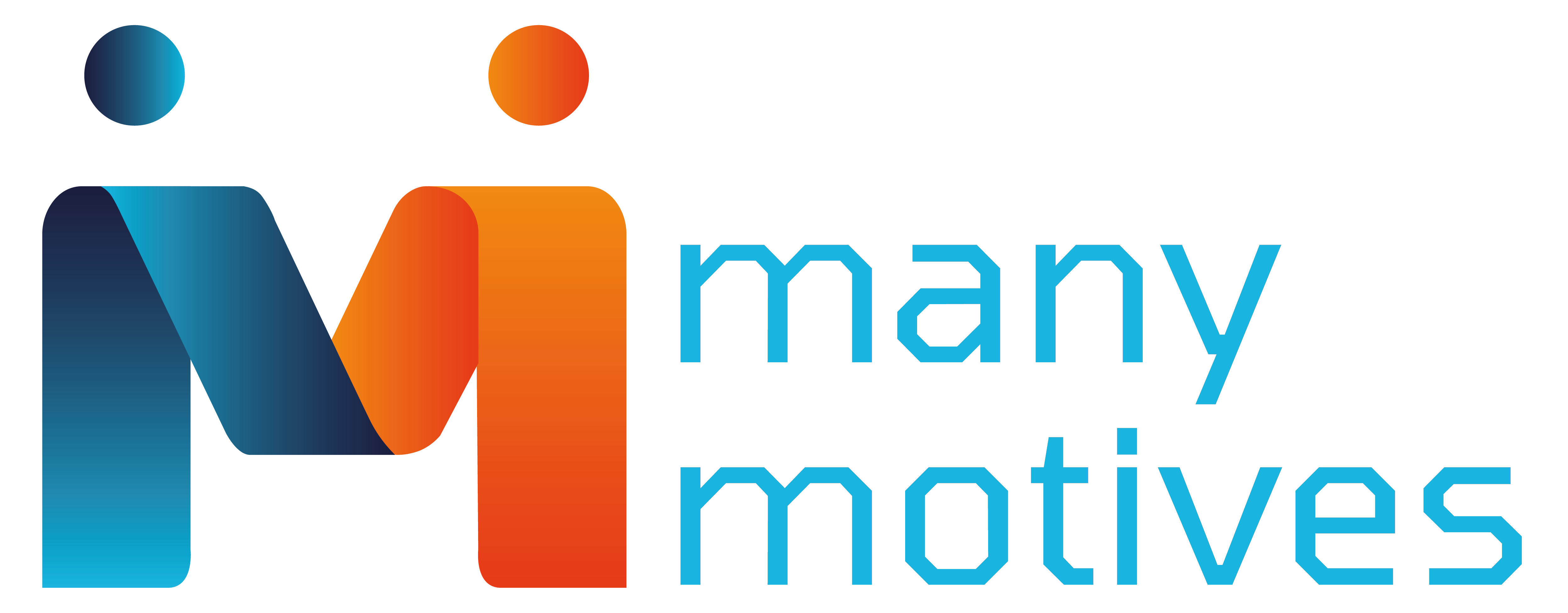Top 20 Books Every Student Should Read Befor They Graduate

Books have the power to shape perspectives, ignite imaginations, and instill invaluable lessons. As a student, the right books can offer wisdom, inspiration, and a broader understanding of the world. Here’s a list of must-read books for students before graduation that will help with personal growth, career success, and more.”
Must Read Books for Student – Success
1. “The 7 Habits of Highly Effective People” by Stephen R. Covey
- This timeless guide is a blueprint for personal and professional effectiveness. Covey’s principles, such as being proactive, beginning with the end in mind, and prioritizing tasks, help students build a strong foundation for long-term success.
- The book’s actionable advice can help young readers develop habits that align with their goals and values.
2. “Mindset: The New Psychology of Success” by Carol S. Dweck
-
Dweck’s research explores the power of mindset in determining success. She distinguishes between fixed and growth mindsets, explaining how embracing challenges, learning from criticism, and persisting in the face of setbacks can unlock a person’s potential.
- Students will find inspiration to adopt a more positive and resilient approach to learning and personal development.
3. “Atomic Habits” by James Clear :
- Clear provides a practical and scientific approach to habit formation. With insights into the psychology of behavior change, the book teaches readers how to make small, consistent improvements that lead to significant results.
Students can apply these strategies to improve their study habits, health routines, and overall productivity.
Top Books For Career Development and Academic Success
4. “Make It Stick: The Science of Successful Learning” by Peter C. Brown, Henry L. Roediger III, and Mark A. McDaniel
-
-
This book delves into the science of learning, debunking common myths about studying and memory. It offers techniques like spaced repetition, active retrieval, and interleaving to help students retain information more effectively.
-
The practical tips are backed by research, making this a must-read for anyone looking to excel academically.
-
5. “Grit: The Power of Passion and Perseverance” by Angela Duckworth
- Duckworth’s work highlights the importance of grit—a combination of passion and persistence—in achieving long-term goals. Through real-life examples and research, the book encourages students to focus on effort and resilience rather than relying solely on talent.
- It’s an inspiring read for anyone striving to overcome challenges and stay committed to their aspirations.
6. “So Good They Can’t Ignore You” by Cal Newport
- Challenging the conventional advice of “following your passion,” Newport argues that skills and mastery are more important for career satisfaction.
- He provides a roadmap for developing expertise and creating value in any field, making it a valuable guide for students planning their futures.
For Understanding the World
7. “Sapiens: A Brief History of Humankind” by Yuval Noah Harari
-
-
Harari takes readers on a journey through the history of humanity, exploring how biology, culture, and technology have shaped societies.
-
The book provides a fascinating perspective on human evolution and the forces that drive progress, encouraging students to think critically about their place in the world.
-
8. “Factfulness: Ten Reasons We’re Wrong About the World—and Why Things Are Better Than You Think” by Hans Rosling
- This book addresses common misconceptions about global trends and progress. Rosling’s data-driven approach helps readers understand the world’s complexities and appreciate the positive changes happening around them.
- It’s an eye-opening read for students looking to develop a more balanced worldview.
9. “The Alchemist” by Paulo Coelho
- Coelho’s allegorical novel follows Santiago, a shepherd who embarks on a journey to discover his personal legend. Along the way, he learns profound lessons about dreams, destiny, and the importance of pursuing one’s purpose.
- The story’s universal themes make it a deeply inspiring read for students.
Books to Build Emotional Intelligence and Strong Relationships
10. “How to Win Friends and Influence People” by Dale Carnegie
-
-
A timeless guide to building meaningful relationships and improving communication skills, this book offers practical advice on understanding others, resolving conflicts, and fostering positive interactions.
-
Its principles are essential for personal and professional success.
-
11. “Emotional Intelligence 2.0” by Travis Bradberry and Jean Greaves
-
This book explores the concept of emotional intelligence (EQ) and provides strategies for enhancing self-awareness, self-management, social awareness, and relationship management.
-
Students can use these skills to navigate relationships and excel in collaborative environments.
12. “Man’s Search for Meaning” by Viktor E. Frankl
-
Frankl’s memoir recounts his experiences in Nazi concentration camps and his philosophy of finding meaning in life even in the face of suffering.
-
It’s a profound exploration of resilience, purpose, and the human spirit—a must-read for students seeking deeper insights into life’s challenges.
For Creativity and Innovation
13. “The War of Art” by Steven Pressfield
- Pressfield addresses the struggles of creative individuals, offering insights into overcoming resistance and self-doubt.
- The book’s practical advice and motivational tone make it a powerful read for students pursuing artistic or intellectual passions.
14. “Creativity, Inc.” by Ed Catmull
- Written by the co-founder of Pixar, this book shares lessons on fostering creativity and innovation within teams.
- Through captivating stories and practical advice, Catmull inspires readers to embrace creativity and challenge the status quo.
15. “Steal Like an Artist” by Austin Kleon
- Kleon’s book encourages readers to find inspiration in the work of others and transform it into something uniquely their own.
- Its simple yet profound ideas make it a great read for students exploring their creative potential.
Books Every Student Should For Financial Literacy
16. “Rich Dad Poor Dad” by Robert T. Kiyosaki
- Kiyosaki’s book introduces basic financial principles in an engaging way. It contrasts the financial habits of his “rich dad” and “poor dad,” offering insights into building wealth through investments, assets, and financial education.
- It’s a great starting point for students wanting to understand money management.
17. “The Millionaire Next Door” by Thomas J. Stanley and William D. Danko
- This book dispels myths about wealth, revealing the common traits of millionaires who live below their means.
- Its practical lessons on saving, budgeting, and investing are invaluable for students aiming for financial independence.
Best Fiction Books for Students to Read Before Graduation
18. “To Kill a Mockingbird” by Harper Lee
- Set in the racially segregated American South, this novel explores themes of justice, morality, and empathy through the eyes of a young girl.
- Its timeless message about standing up for what is right makes it a must-read for students.
19. “1984” by George Orwell
- Orwell’s dystopian novel examines themes of totalitarianism, surveillance, and freedom.
- It’s a thought-provoking exploration of the dangers of unchecked power and a compelling read for students interested in political and social issues.
20. “The Great Gatsby” by F. Scott Fitzgerald
- This classic novel captures the glamour and disillusionment of the Roaring Twenties.
- Through the story of Jay Gatsby, it explores themes of ambition, love, and the American Dream, offering students a glimpse into a pivotal era of history and culture.
Conclusion
These must-read books for students cover personal development, academic success, emotional intelligence, financial literacy, and more, providing valuable insights to help you succeed before and after graduation. Start reading today and equip yourself with the tools for a brighter future.”
Happy reading!

Hola! I’ve been reading your blog for some time now and finally got the bravery to go ahead and give you a shout out from Dallas Texas! Just wanted to mention keep up the excellent job!
I do enjoy the way you have presented this particular matter plus it does indeed supply us some fodder for consideration. Nonetheless, because of just what I have seen, I simply trust as other remarks pile on that folks keep on issue and in no way start upon a tirade of the news of the day. Still, thank you for this exceptional point and although I can not concur with the idea in totality, I respect the standpoint.
Thank you for sharing excellent informations. Your website is very cool. I’m impressed by the details that you?ve on this site. It reveals how nicely you understand this subject. Bookmarked this website page, will come back for extra articles. You, my friend, ROCK! I found just the information I already searched everywhere and simply couldn’t come across. What a great web-site.
Good article. It is very unfortunate that over the last decade, the travel industry has already been able to to take on terrorism, SARS, tsunamis, bird flu, swine flu, and the first ever true global economic collapse. Through all this the industry has proven to be robust, resilient and also dynamic, acquiring new strategies to deal with misfortune. There are often fresh problems and opportunity to which the marketplace must again adapt and react.